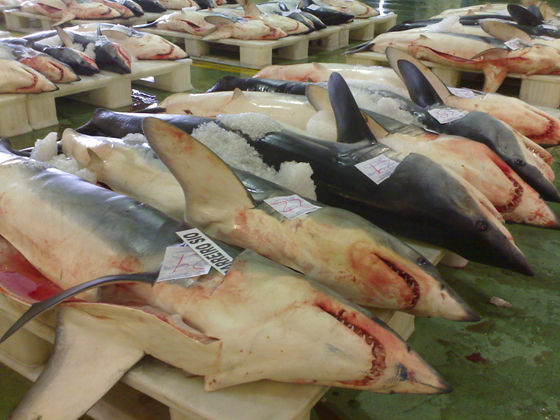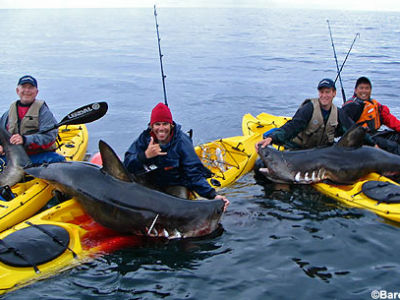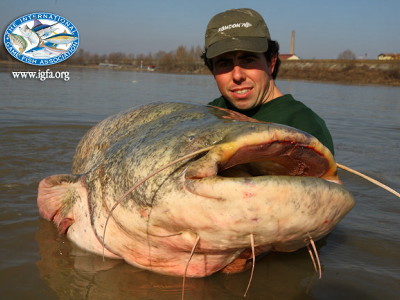Biologists report that they have successfully filmed a video of an octopus riding the world's fastest shark, the 'Sharktopus'

by
The movie ' Sharktopus ' features a biological weapon called Sharktopus, which is a combination of an octopus and a shark. Meanwhile, a rare sight of an octopus riding on the head of the world's fastest shark was spotted off the coast of New Zealand and captured on video by a marine biologist.
Sharks... even more amazing than you realized - The University of Auckland
https://www.auckland.ac.nz/en/news/2025/03/11/sharks-.html
Octopus spotted riding on top of world's fastest shark | Live Science
https://www.livescience.com/animals/sharks/octopus-spotted-riding-on-top-of-worlds-fastest-shark
You can see the footage of the 'Sharktopus' taken near Kawau Island in the Hauraki Gulf in northern New Zealand below.
Marine mystery of octopus riding shark - YouTube
The video was shot by a team led by Professor Rochelle Constantine of the University of Auckland in New Zealand using a waterproof GoPro action camera and a drone.

In December 2023, when New Zealand, located in the Southern Hemisphere, was in early summer, a research team that went out to sea to investigate '

The team was able to observe the shark for 10 minutes, until it veered out of the boat's path.

The shark that was photographed with the octopus on its head is the shortfin
'We have no idea how this bottom-dwelling octopus came across a three-metre-long mako shark that lives in the open ocean,' Constantine said. 'It's a real mystery, but the ocean is full of unexpected things.'
Experts speculate that the shark was likely not particularly concerned about the octopus's presence, as it was swimming slowly, while the octopus had all of its tentacles tucked in close to its body, perhaps trying to hide from view.
Mako sharks are found in many warm oceans around the world, but are also caught for their shark fins, a luxury ingredient in Chinese cuisine, and are also caught accidentally during tuna and swordfish fishing. Despite being exposed to such fishing pressure, the mako shark is listed as an endangered species on the International Union for Conservation of Nature (IUCN) Red List because it only reproduces once every three years.

by Jose Antonio Gil Martínez
'One of the greatest perks of being a marine scientist is seeing the unexpected in the ocean,' said Constantine. 'By continuing to protect the oceans, we can ensure that these amazing moments continue.'
Related Posts:







